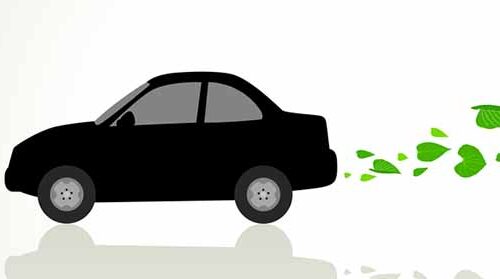Charity urges council action

- 05/04/2022
- Posted by: Alan Feldberg
- Category: News
England’s councils have been urged to introduce incentives for people who give up private vehicles to help increase the use of shared transport.
Collaborative Mobility UK believe people could be offered ‘mobility credits’ for choosing alternative modes of travel like car clubs and bike hire schemes.
In its manifesto for English local authorities ahead of May’s local government elections, CoMoUK said councils must do more to support shared transport schemes to help cut carbon emissions and improve the nation’s health.
It believes the decarbonisation of transport requires ‘unprecedented action’ if the net zero target is to be reached – and insisted shared transport like car clubs and bike share schemes can contribute directly to cleaner air and better health by their proven ability to cut people’s mileage, get them to sell and not replace private cars and boost their public transport use and health.
Research by the charity found CO2 emissions from car club vehicles are on average 37% lower than the average UK car, with around 11% of car club vehicles now electric compared to only one per cent of all vehicles.
Membership of UK car clubs now stands at nearly 800,000 members – a 24% increase on the previous year.
CoMoUK’s call for incentives for those who give up private cars is among 12 key actions the charity wants councils in England to support to help develop shared transport. These include establishing transport policies with indicators to measure progress and goals for reducing individual ownership, investing a percentage of revenue from Workplace Parking Levy schemes in shared transport, and incorporating shared transport in the design of low emission zones.
Richard Dilks, chief executive of CoMoUK, said: “Shared transport schemes are already doing heavy lifting on decarbonisation but can go much further with greater support and should be employed right across England. They provide an alternative to car ownership, and, together with public and active transport, shared transport reduces greenhouse gas emissions, poor air quality and congestion.
“Shared transport also offers a solution to transport poverty for low-income households and provides flexible access to vehicles without the upfront purchase cost. The local government elections in May present an opportunity for shared transport to be built into the future travel policies of every local authority in England.
“Currently, shared transport remains underrepresented in the transport strategies and delivery plans of English local authorities. We believe further support is needed if the full benefits that sustainable transport can offer are to be achieved.”




